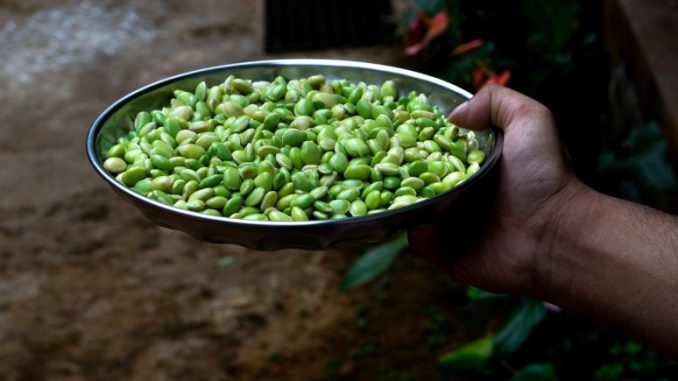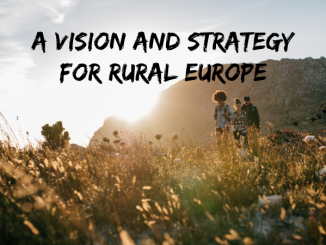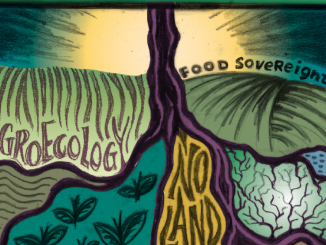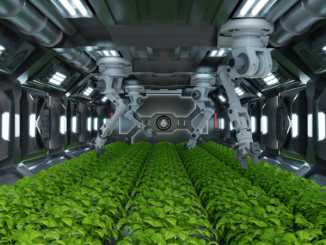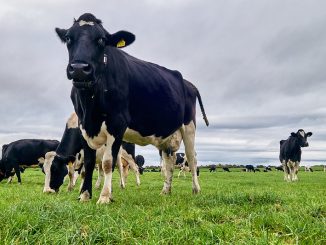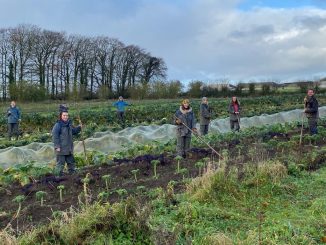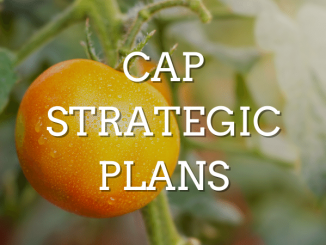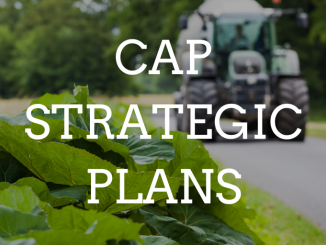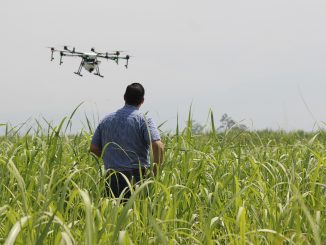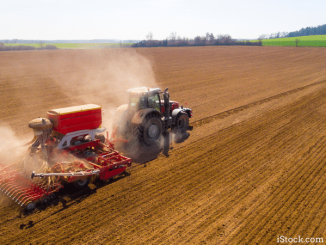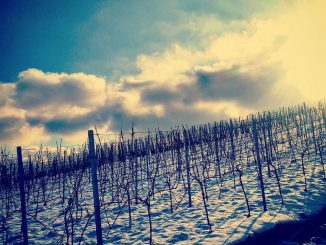Rural resilience starts on the ground, with people. People who are finding new ways to live and grow in harmony with their community and with nature. By amplifying the voices behind what’s working on the ground, and co-constructing policy proposals, we want to spotlight how rural communities can not just survive, but thrive. Consulter la page française 2020-2022: On the ground in France From 2020-2022, with the “Nos Campagnes en Résilience” project coordinated by ARC2020, we connected with people all over France who are engaged in experiments in socio-ecological transition. The seeds of resilience are often sown on farms that are exploring new forms of cooperation with their local communities. We support these experiments by creating a space for farmers to connect with their European colleagues, and to tell their stories. We enable rural communities across Europe to learn about the French art de vivre, and the richness and diversity of rural life. 2023-2024: Connecting the ground to Europe Now renamed the “Rural Resilience” project, in this second phase the project zooms out from France to […]
